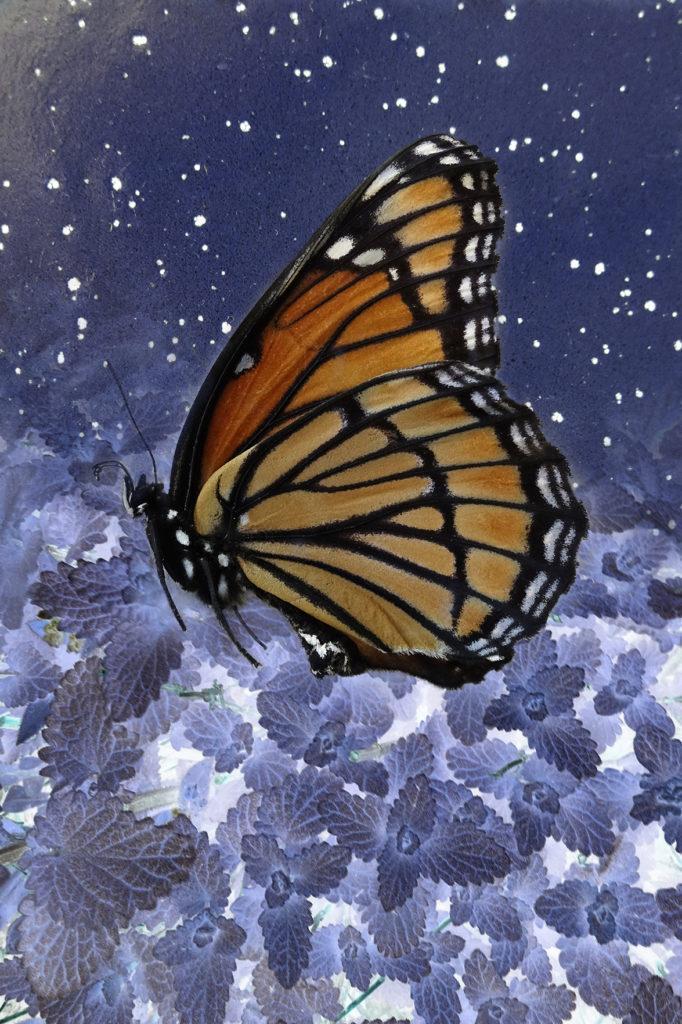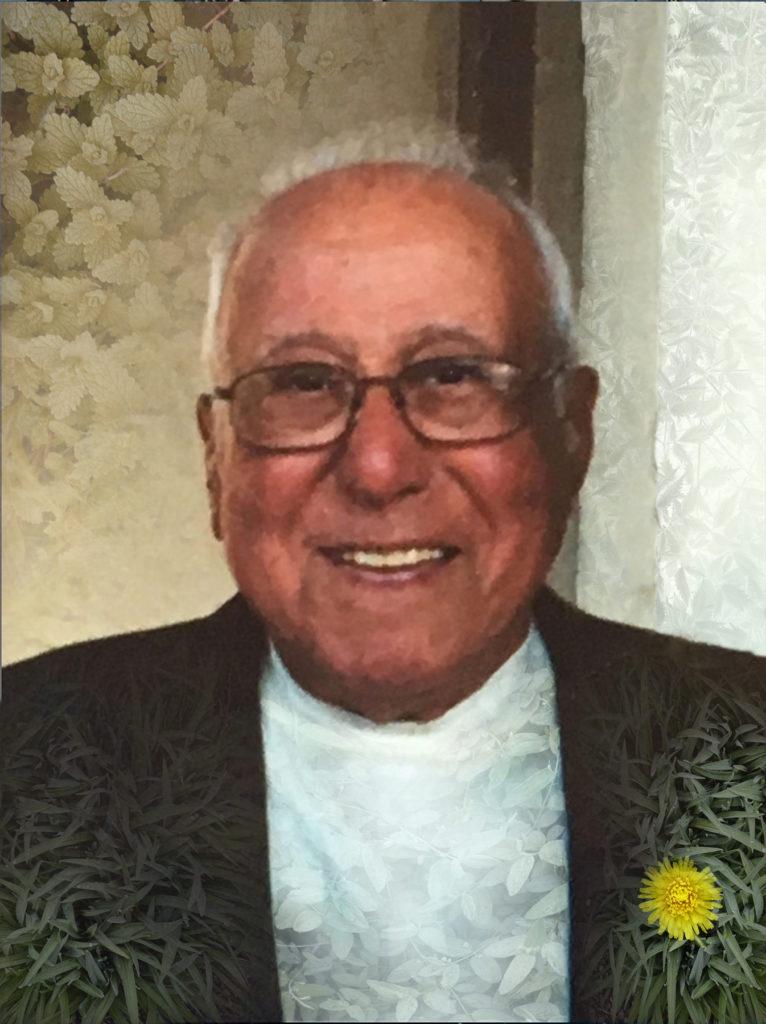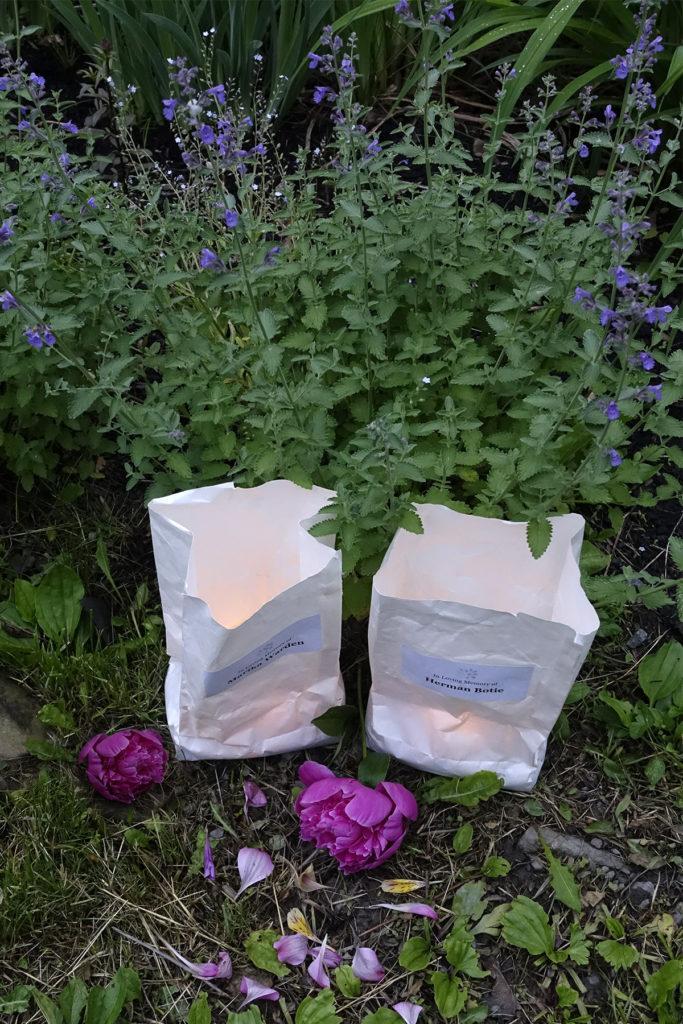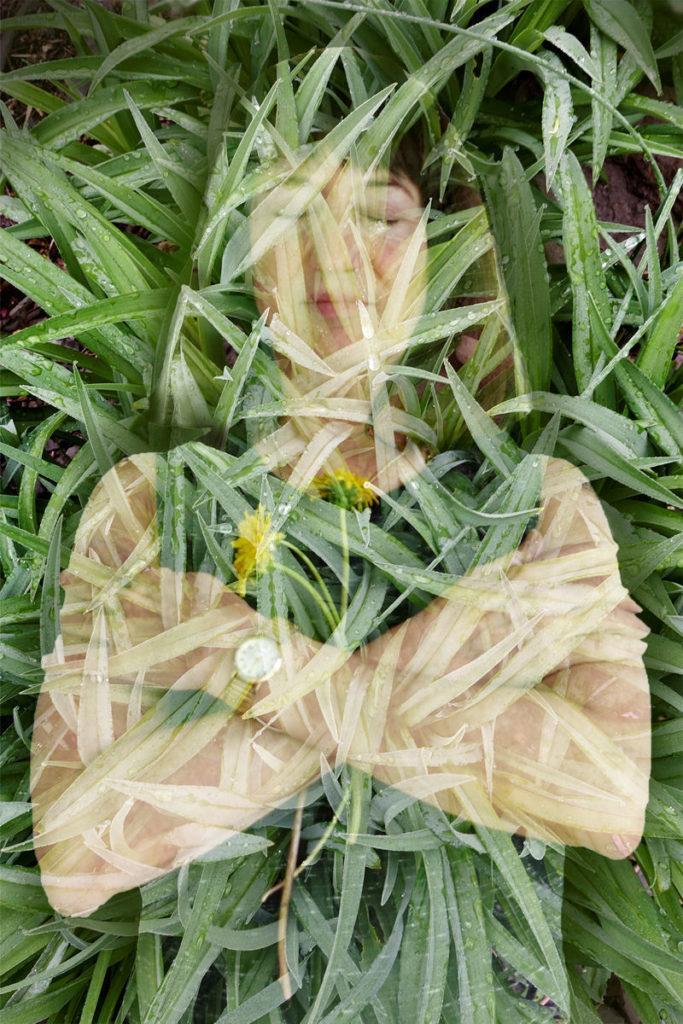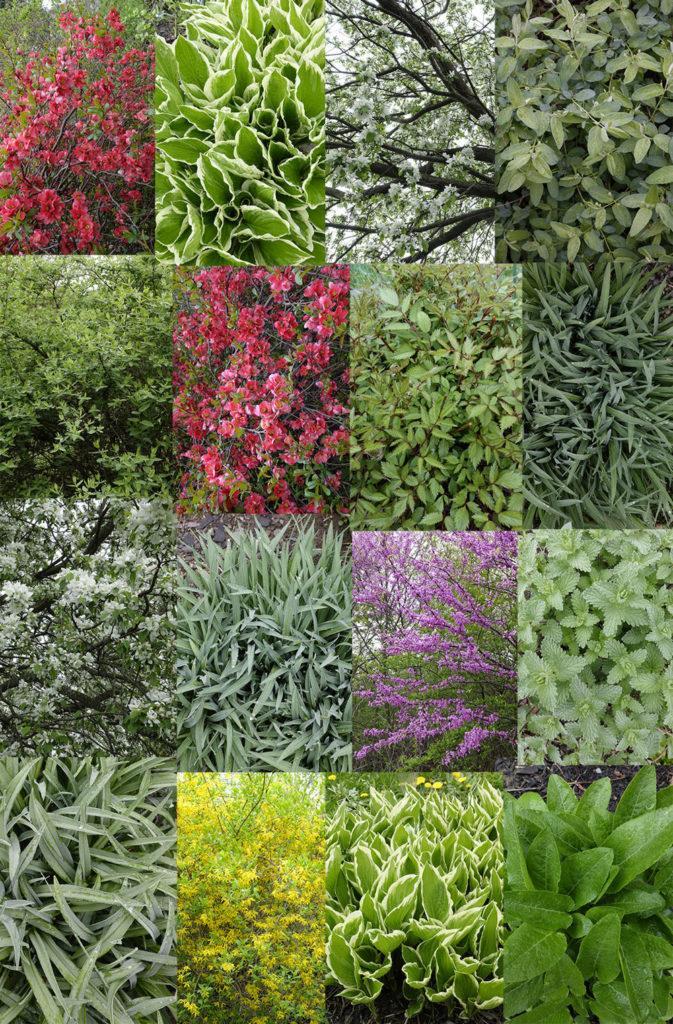“When my son died, I couldn’t work so I stayed home and built this wall,” a fellow bereaved mother said. In awe, I looked up and down two lengths of neatly stacked rocks, some boulder-size. That’s when I knew I could actually do my own project that I’d started and struggled with earlier that day.
It began with an email that sent my heart soaring, crying with joy and gratitude. Friends of my deceased daughter were getting together for a bachelorette party, and one asked if I could “make a little video … to include Marika in the weekend.”
I knew nothing about videos, how to make them or send them, but knew I wanted to do this. Wanted, as in: would stop everything in my life including the dozen other projects I was engaged in, to do whatever I could “to include Marika.” Nothing means more to a bereaved mother than having her child remembered. So immediately, I googled, How To Make A Video On IPhone.
For some people, simply getting up and out each morning is a major project. For some it’s a way to keep their focus on or away from their sorrow. Some live from project to project, defining themselves by what they are involved in. Projects can open up new, life-changing possibilities. Growth. They can keep the brain working, and sharp. They can drive you and everyone around you crazy.
The video, I kept reminding myself, was not to be about me. It was not even about Marika although her presence had been requested. In the middle of panicking about what to record, I discovered that the video could be only 30 seconds long or it would be undeliverable.
You are laughing at me because everyone knows how to do this; any kid makes and sends videos several times a day. For me, it took a village. And lots of grunting. And whining. With lots of help, after many online tutorials and several sessions with friends over the course of two whole days totally engrossed in my mission, I came up with this. This is what I did this week instead of writing and photo-shopping my regular blog. It’s really rough. But I’m still beaming. And ready to begin another new project.
What is your pet project these days? What was the project that almost did you in?
